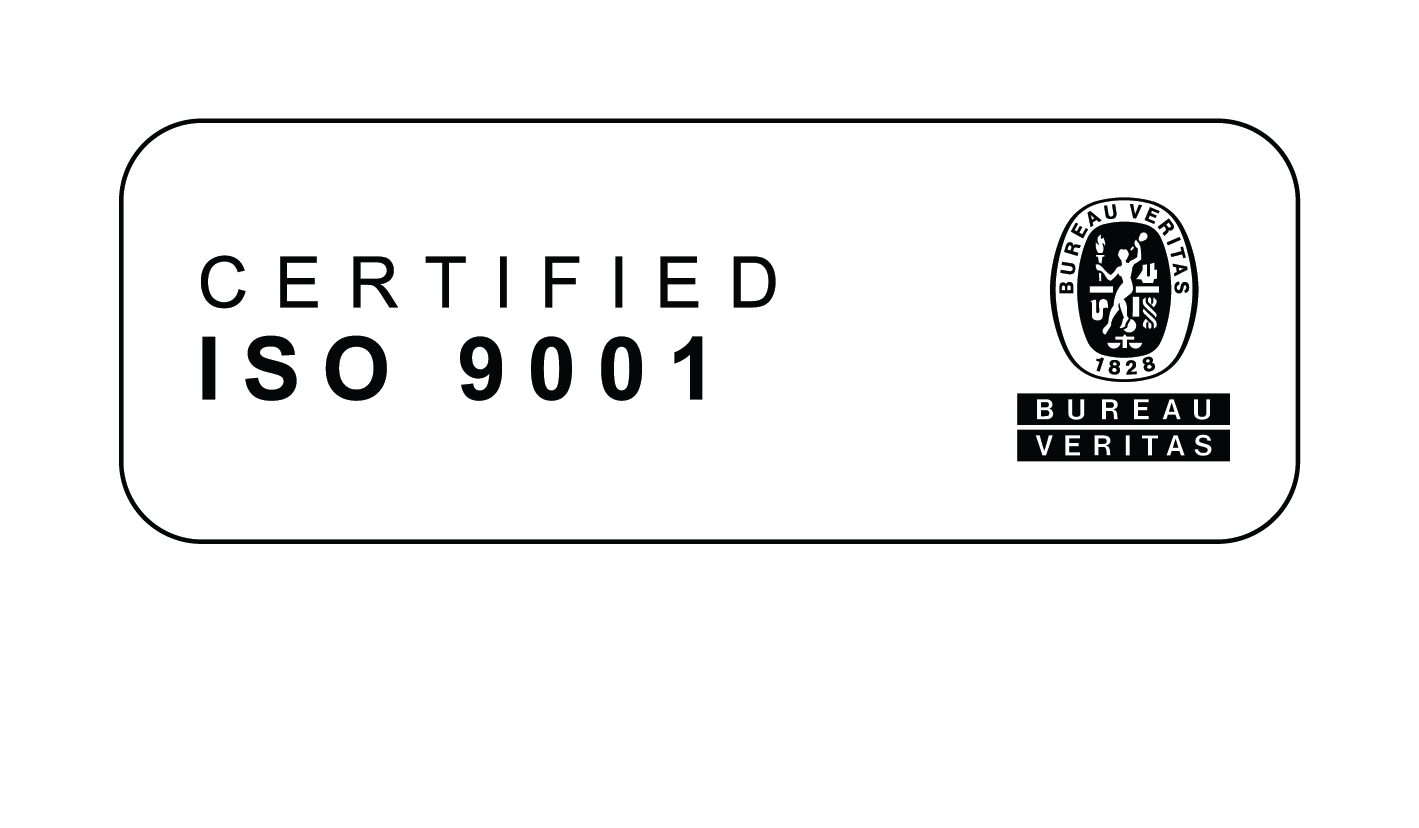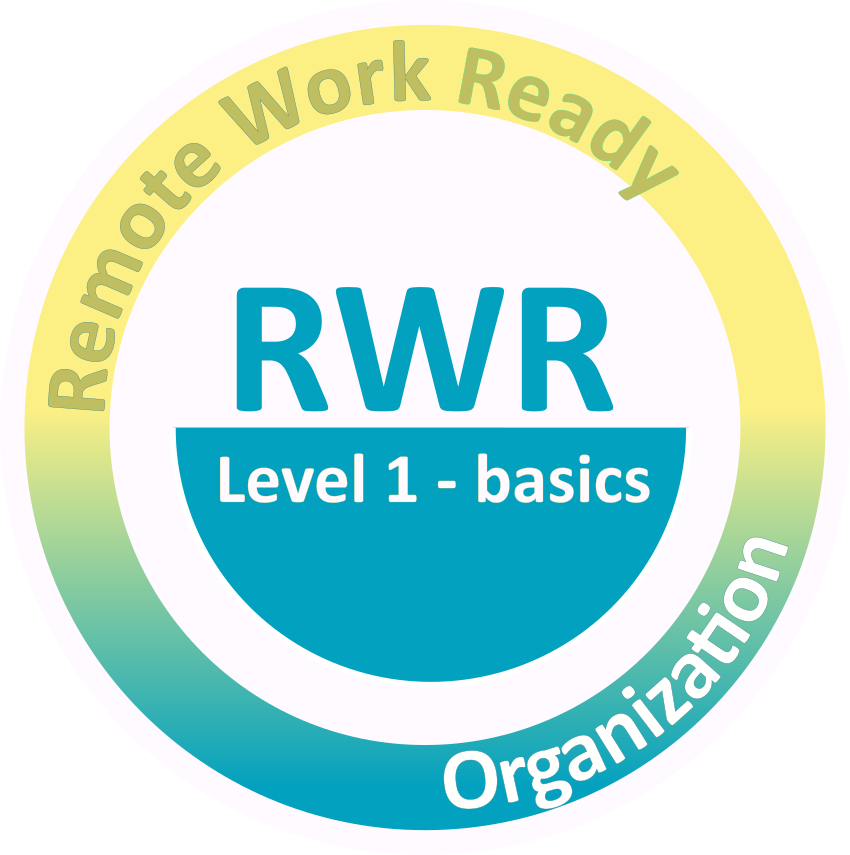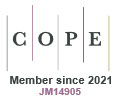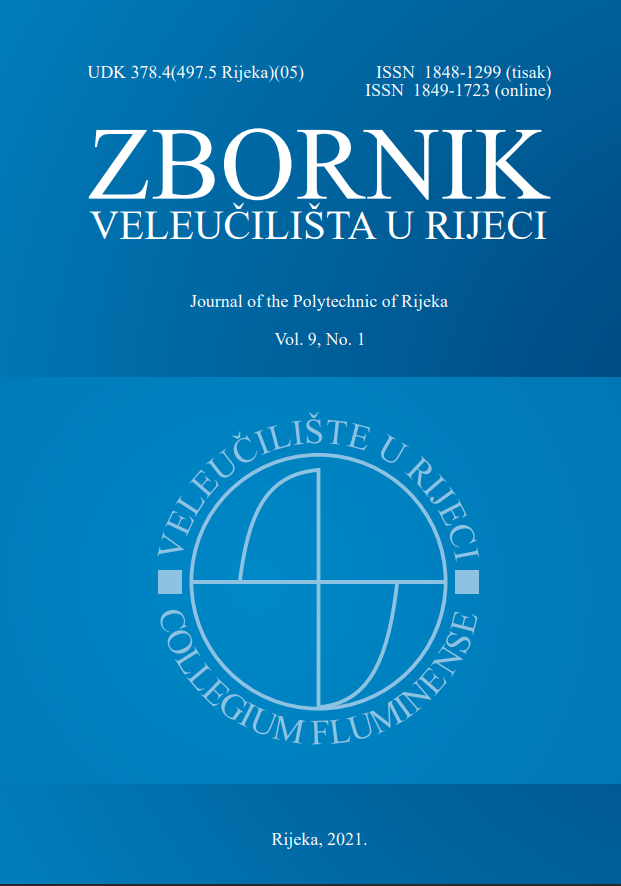Guidelines for Reviewers
All applications go through the assessment process carried out by Editors / members of the Editorial Board (according to the subject area addressed), as well as by other experts who are not members of the Editorial Board in the case of specific content. Editors / Editorial Board members review the submitted manuscripts and decide on a further procedure as follows:
a) which manuscripts, in case it is necessary, will be returned to the author with suggestions, recommendations and comments with the scope of improving a primarily methodological presentation of research materials;
b) which manuscripts will go through the review process;
c) which manuscripts will be rejected since:
- the subject matter does not meet the required scientific or professional level;
- the author has already published an article on a similar topic;
- the subject matter does not meet the Journal criteria, particularly if the content is beyond the concept orientation of the Journal and does not meet the methodological standards that the Journal must comply with.
If an article is not accepted, the Editorial Board notifies the author without returning the manuscript. If the author has accepted comments and suggestions given in the assessment process and has improved the text according to the requests made, the manuscript is then sent to the review process.
All articles submitted for publication are reviewed by two anonymous and independent reviewers. The names of the authors will also be unknown to the reviewers. Reviewers evaluate the article following some already given criteria by filling in a reviewer evaluation form. If the reviewers find that the article does not meet international standards and the Journal criteria, the Editorial Board does not accept the article. If the reviewer gives a positive review the article can be categorized into one of the following categories:
- Original scientific paper – an original scientific work which presents new results of some fundamental or applied research. The article is written in a way that using the information given the following can be done:
- reproduce methodological procedures and mathematical calculations obtaining equally accurate results or within the permitted deviation as indicated by the author himself; or
- repeat the author's observations and judge his analyses; or
- check the accuracy of the analyses' results and deductions on which the author bases his findings.
- Preliminary communication – a scientific article which has to contain one or more pieces of scientific information, but without sufficient details which would enable readers to check the presented scientific findings.
- Review article – an article which contains a thorough and complete critical review of a specific problem, but without any significant original results; deals with a specific problem already discussed in a previously published work but adopting a new approach.
- Professional paper – contains some useful contributions in the field of profession and for the profession in question.
- Conference paper – can be published only as a full text previously presented at a scientific conference, but not published as a complete article in conference proceedings.
After the reviews have been completed Editors / the Editorial Board analyzes them. If it is necessary the paper is returned to the author who has to introduce the changes required by the reviewers. The paper is returned to the author only after both reviews have been received by the Editorial Board. After the author resubmits the paper, the Editorial Board verifies whether the article has been revised following the reviewers' comments and suggestions.
Only categorized papers given two positive reviews are published.
Please observe carefully the following guidelines on the role of the reviewer:
1. Expertise: Papers are not always sent to a reviewer whose field is identical to the subject matter of that paper. You do not have to be precisely qualified in a field to be a constructive reviewer. Quite the contrary, an excellent paper will speak beyond its narrowly defined field. If, however, a paper is so distant from your field that you do not feel qualified to judge its merits, please return it to the publishing manager for the journal, who will locate another reviewer.
2. Confidentiality: Reviewers receive unpublished work which must be treated as confidential until published. Reviewers must not disclose to others which papers they have reviewed; nor are they to share those papers with any other person.
3. Conflict of Interest: Reviewers must declare any conflict of interest or any other factor, which may affect their independence - in cases for instance where they have received a paper from a colleague or an intellectual opponent. In cases of conflict of interest, please notify the editorial team of your inability to review a particular paper.
4. Intellectual Merit: A paper must be judged on its intellectual merits alone. Personal criticism or criticism based solely on the political or social views of the reviewer is not acceptable.
5. Full Explanation: Critical or negative judgments must be fully supported by detailed references to evidence from the paper under review or other relevant sources.
6. Plagiarism and Copyright: If a reviewer considers that a paper may contain plagiarism or that it might breach another party’s copyright, they should notify the editors, providing the relevant citations to support their claim.
Our peer-reviewers should follow COPE's Ethical Guidelines for Reviewers accessible via the COPE website.
Conformance to standards of ethical behaviour is expected of all parties involved: authors, editors, reviewers, and the publisher. Before reviewing the paper, please read our Journal policy and Publication ethics statement carefully.
Review is given by using the form on the article's suitability for publishing.
FORMS:
UDK: 378.4(497.5 Rijeka)(05) https://doi.org/10.31784/zvr
ISSN 1848-1299 (Print) ISSN 1849-1723 (Online)
The usage of full-text of the articles can be used exclusively for personal, research-related or educational purposes, with regard to the authors' and publishers' rights.












